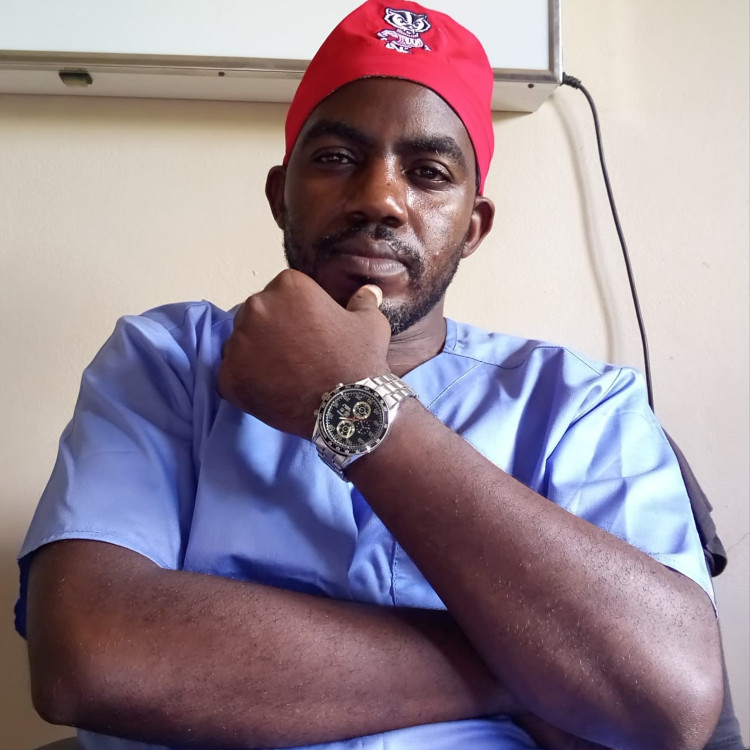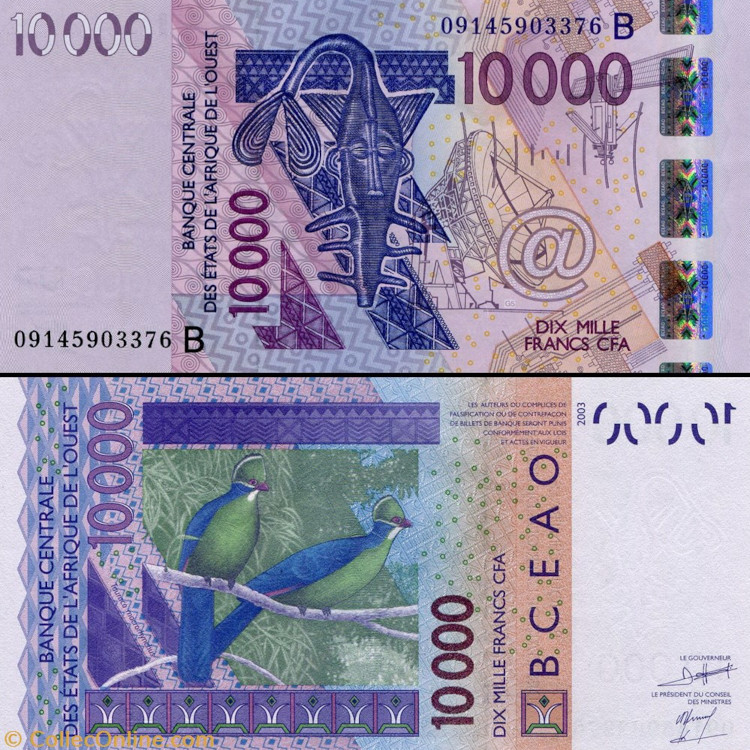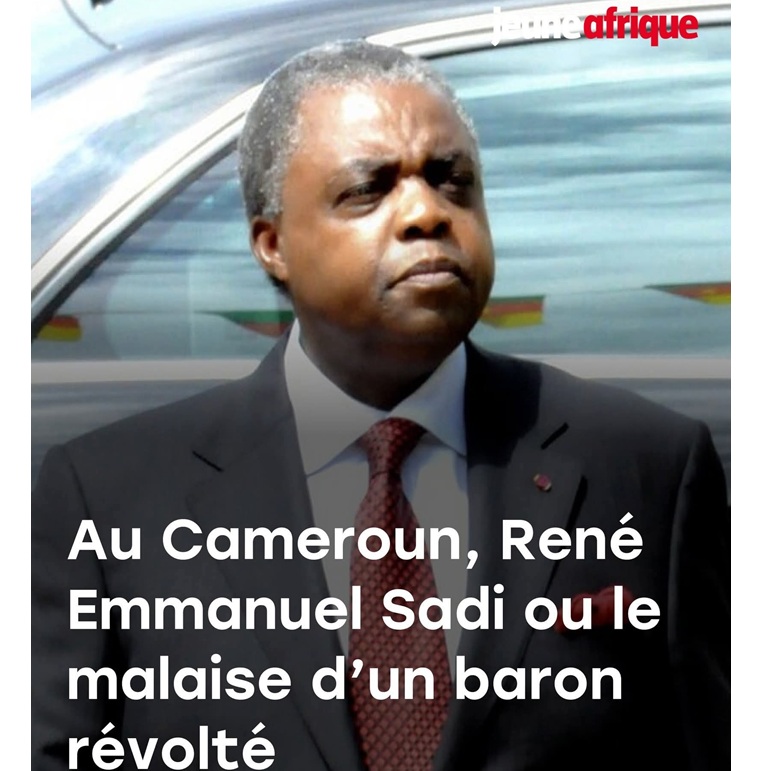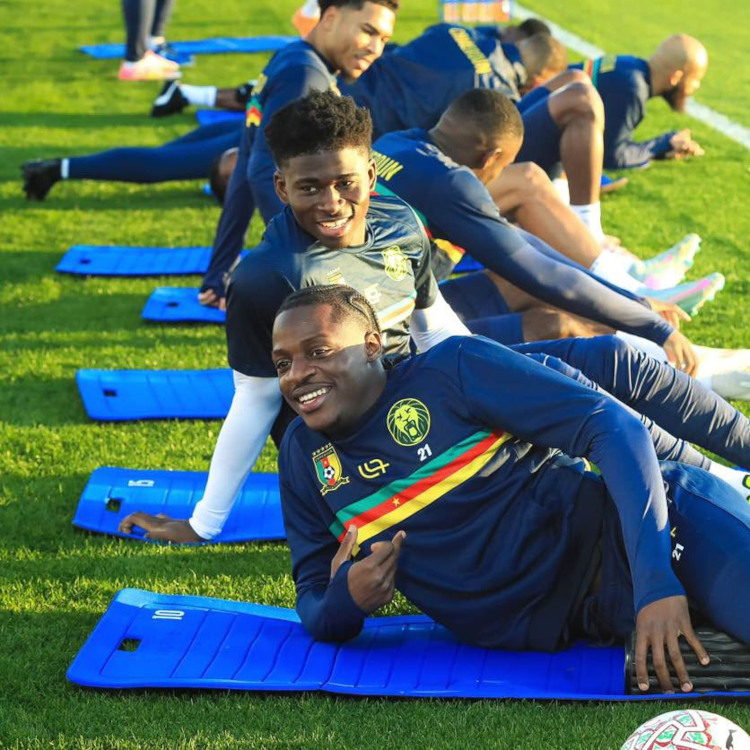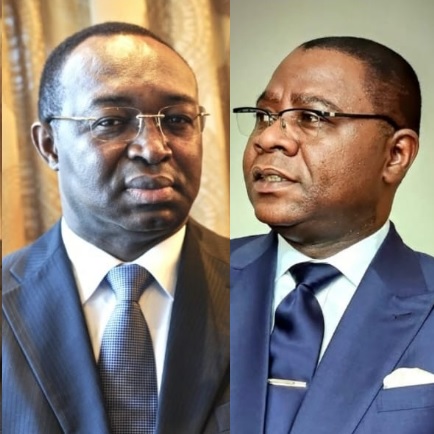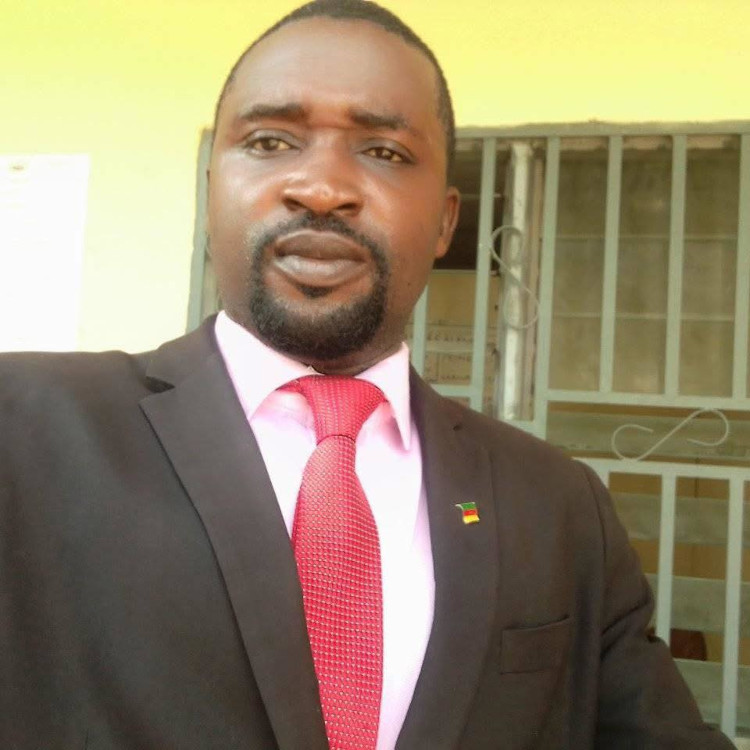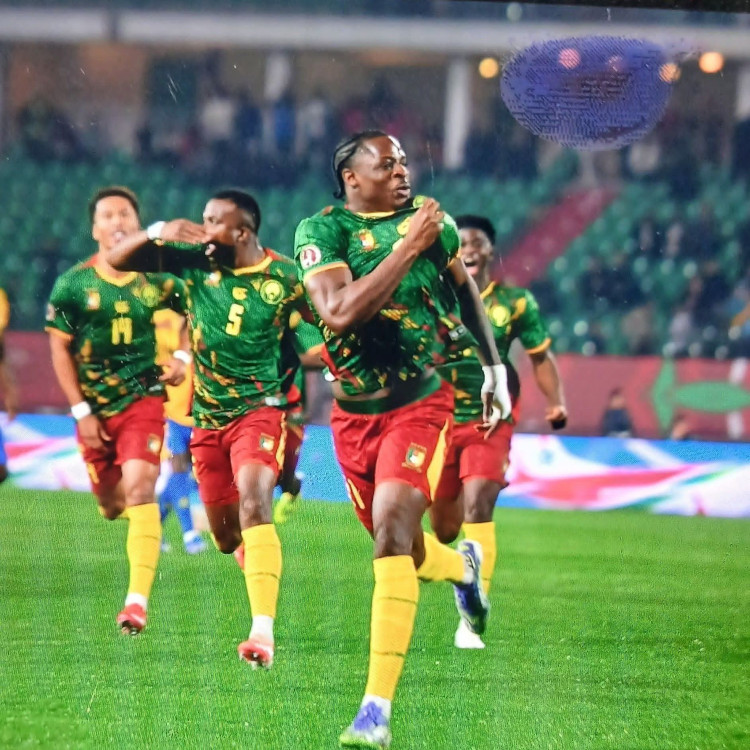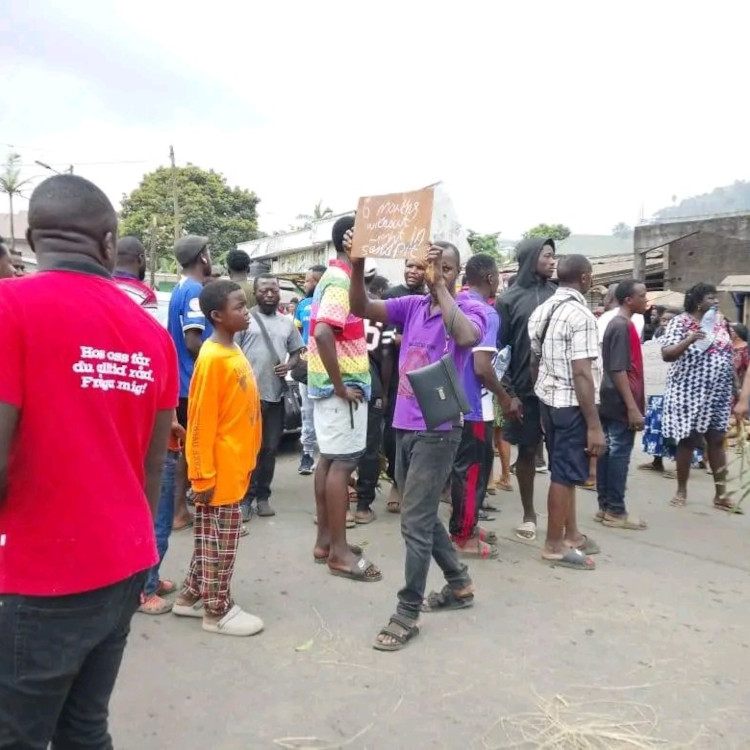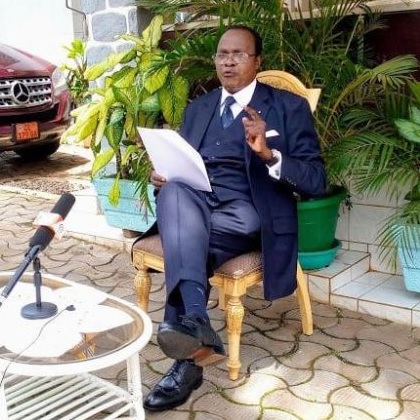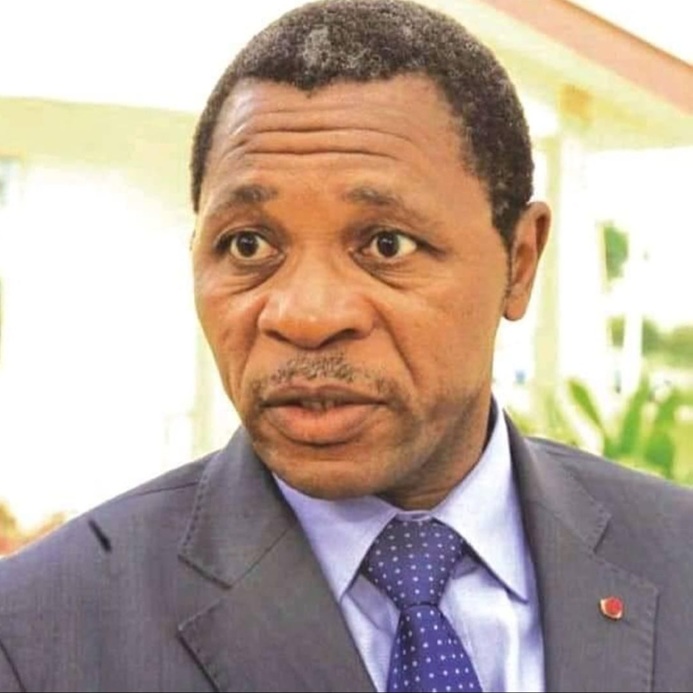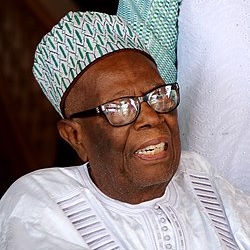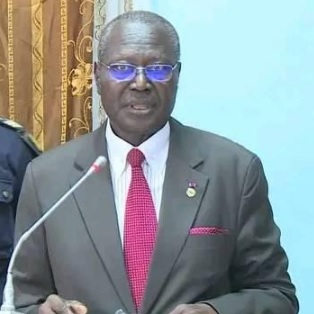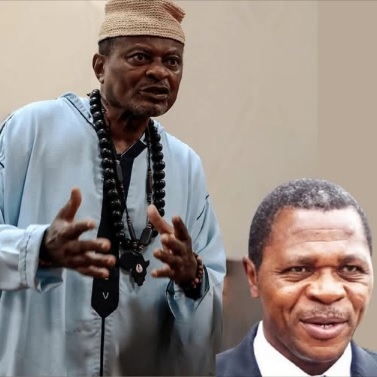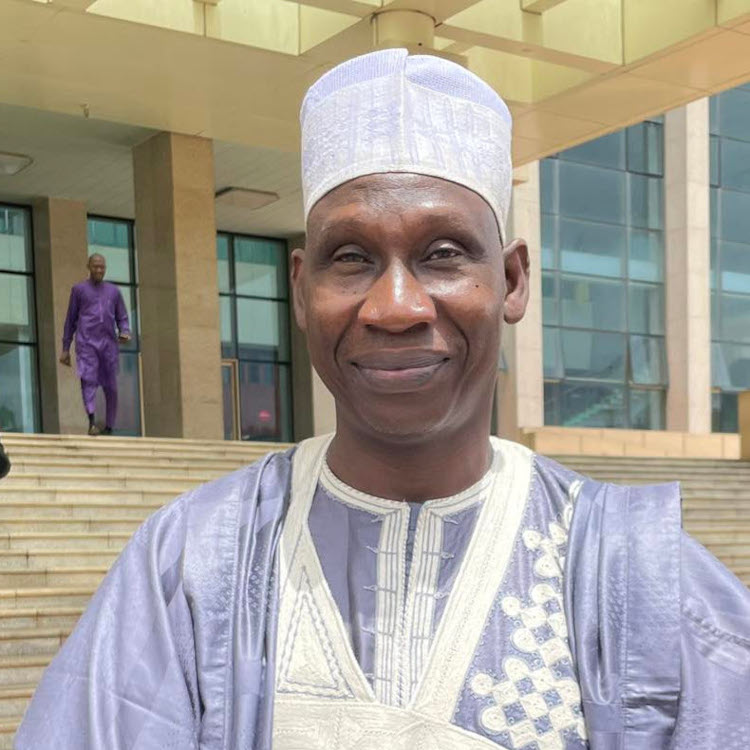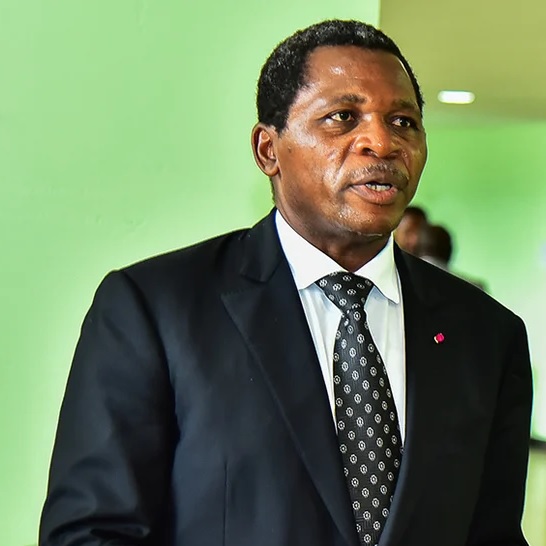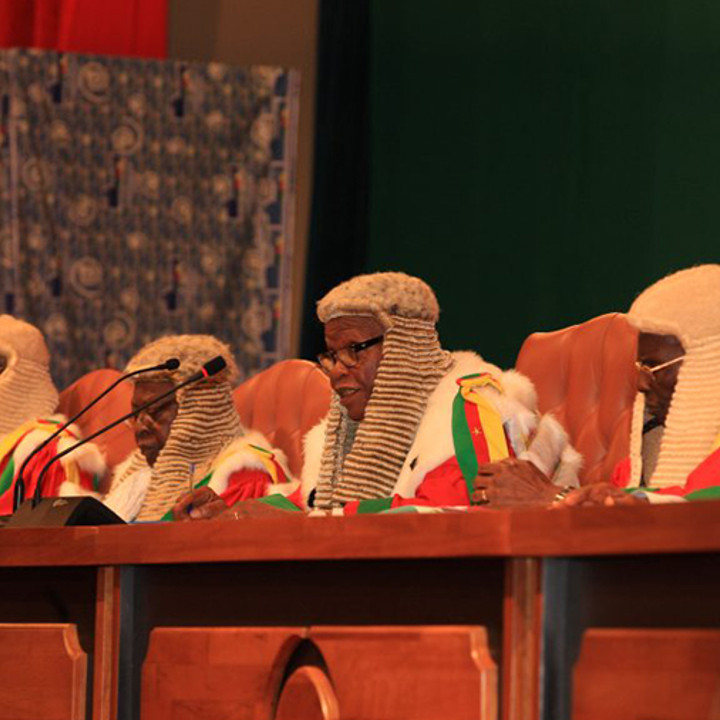

-
© Contributor : By Olivier J. Tchouaffe, PhD, Spokesman Of The CL2P
- 31 Jan 2018 17:01:17
- |
- 5289
- |
CAMEROUN :: Cameroon, The Old Negro: Power, Status Obsession and Respectability in the Post-colony
Ferdinand Oyono’s prescient novel The Old man and the Medal says a lot about practices of filiation and moral education, particularly, in Cameroonian. Precisely, human’s relationships to authority, freedom, civil dissent, violence, imperialism, and power which prove timely today as the old negro attempts to gain another popular unction in the country..
Thus, how the spectral power of the figure of Meka crystalizes and reflect collective stories around the shaping of minds and bodies by colonial contact on the African continent. In particular, how catastrophes are often the product of traumatic encounters and failed social relationships resulting in drastic transformation of subjectivity that demonstrates that when social relations are not mediated through a society of equals, social relations decay into a toxic and tragic new natural order of existence that legitimate racial hierarchy, prejudices, stereotypes, violence.
Or, as scholars such as Frantz Fanon, Malcolm X and Francoise Verges have pointed out, the perverted inverted logic of desire, power and the status the colonized felt towards the colonial master and how this corrupted moral order of desire, the search for status and respectability is the root of totalitarianism. Taken together, how these psychological processes of alienation also has a lot to do with personal neurosis and accountability rather than. Tribe-based scramble for money and power. More, this is explained by Paul Biya’s aggressive cult of personality which has stopped for the past 35 years after he was inexplicably handed power by another narcissistic neo-colonial character named Ahmadou Ahidjo.
Hence, for people arguing for Cameroon as an Ethnofascist “Bulu” state, they often forget that Cameroon is a nation of laws even if these laws are corrupted by Biya’s legal despotism.
More, Cameroon signed many international human right convention which mean that when grave violation of human rights are committed in the country, it does not matter whether or not these grave crimes are committed by a Bulu, Bassa, Bamileke, Sawa, Tikar or Guiziga for that matter. The international community will demand and will bring justice to that criminal, notwithstanding, his ethnic origin.
The tribalists, moreover, fail to see how the desire for power and status trumps ethnic and communal bond, as in Oyono’s The Old Negro and the Medal, where Meka represents what Hannah Arendt calls “ ordinary,” or « banal », character pointing to the very fact that an apparently normal person could become in a context of a profound distorted morality. A context where social, institutional factors contribute to this distortion by obscuring the humanity of both victims and perpetrators what Fanon argues that colonization degrades both the oppressor and the oppressed. Thus, how Meka in his obsession to gain respectability from the colonial masters transformed the master into a super-human force to be obey. Meka went on to divest himself from his land and gave two of his children to the French war effort to end up with nothing but misery for himself and his wife. In this perverted context, consequently, Fanon and Malcolm X argues that the colonized or the slave comes to desire what his master has. He wants the master’s house, the master’s car, he wants to eat at the master’s table and he wants the master’s wife. Within this context, how people who were obedient and attracted to the colonial master’s narcissism and status obsession, therefore, wishing to have the same power and status were often rewarded in Cameroon after the real patriots who wanted a real independence were all decimated by the French colonial army.
Thus, power, here, has nothing to do with ethnicity and communal bonds but it is derived as pure instrument of power.
As Celestin Monga pointed out in his open letter to Paul Biya, people from his own ethnicity were the first to suffer from his autocratic tendencies and administrative bureaucratic power.
Within this context, how the independence in the post-colony did not represent a rupture but a cache-sex for continuity where the independence only constitutes changes of modes of domination. Taken together, the emergence of destructive logics that the French scholar Michael Foessel calls “la logique du pire” where he criticizes forms of apocalyptic rationality that is predicated on the notion of “la perte du monde” that is to say, a time marked by the loss of communal ideals and bonds, forms of rationality and models of love that justified our existence against major catastrophes and the urgent task to locate deeper intellectual and and cultural traditions that shape ordinary African’s lives and what Jean-Marie Teno summarizes in Africa, I Will Fleece You (1992) why do well structured traditional societies are struggling to transition into modern productive institutions, in order to recycle these handed down resources to find a semblance of coherence.
Pour plus d'informations sur l'actualité, abonnez vous sur : notre chaîne WhatsApp
Lire aussi dans la rubrique POINT DE VUE
Les + récents
Injustice,Ludovie Daga s'exprime depuis la prison:"MÉMORANDUM DE DÉTENTION : Le cri de liberté
Dr Ignatius Essene : un neurochirurgien camerounais primé au niveau mondial à Dubaï
Horreur à Ngaoundéré : un fils avoue le meurtre sauvage de sa mère à Baladji II
Hypertension : le mélange gombo et ail est-il un remède miracle ? La vérité scientifique
80 ans du franc CFA : histoire et polémiques d'une monnaie coloniale née en 1945
POINT DE VUE :: les + lus





Cameroun,33 ans de pouvoir: Les 33 péchés de Paul Biya
- 10 November 2015
- /
- 105966
LE DéBAT




Afrique : Quel droit à l'image pour les défunts au Cameroun ?
- 17 December 2017
- /
- 219660

Vidéo de la semaine
évènement


